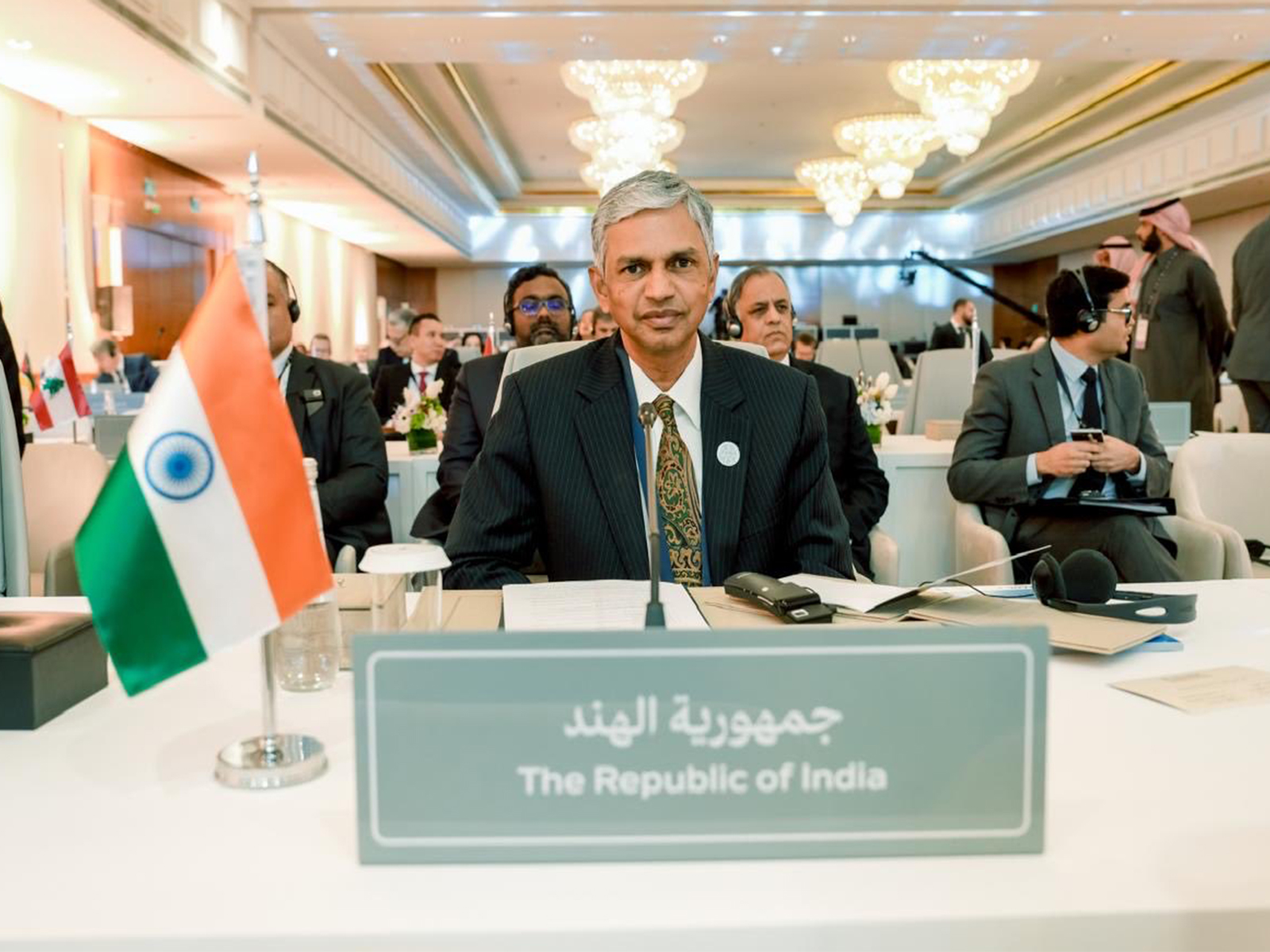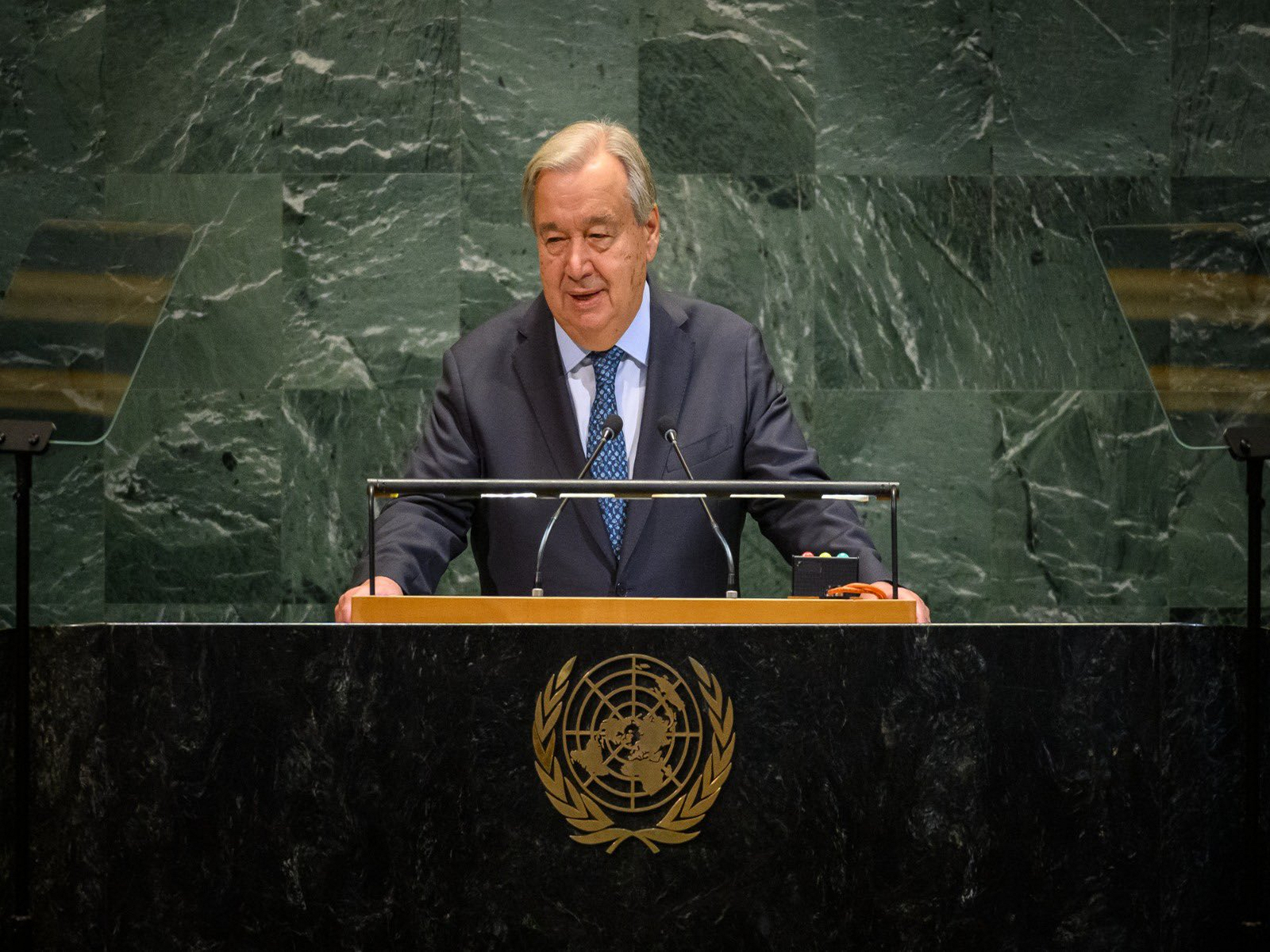US commander warns against China's nuclear capabilities, calls it 'rapidly expanding threat'
May 07, 2021

Washington [US], May 8 : US Strategic Command chief Admiral Charles Richard on Friday warned against the "expanding threat" as China has hit an "inflection point" with its strategic nuclear capabilities.
"The threat is expanding rapidly and, in particular, it is China. China has hit some sort of what I would describe as an inflection point or an acceleration with their strategic nuclear capabilities that I describe as the strategic complement to the conventional growth," Sputnik quoted Richard saying during a webinar at the Brookings Institution.
The US nuclear commander maintained that an all-out attack on the US is "very unlikely", and that the US strategic deterrence is "fully mission capable". However, he warned against complacency.
"The bolt out of the blue is very unlikely because we made it unlikely. We took actions, we literally invented ballistic missile submarines to provide a survivable second strike, invented launch-under-warning and launch-under-attack capabilities... Competitors are deterred from doing that. So, I just invite caution as we think our way through this. If we are not careful we could actually go make it likely again... if we forget why it is unlikely today," Richard said.
He called for establishing a dialogue with Russia and China on nuclear armaments as well as on boosting mutual transparency and building confidence to mitigate risks that he said are rapidly expanding, Sputnik reported.
"Even before we get after specific numbers [of further arms reductions] just the conversations are important, the transparency, the confidence-building. [I] would really like to have those types of conversations with China," the Admiral said during the webinar, exuding confidence in the command and control capabilities of the US nuclear forces and their resilience to potential cyberattacks.
China has so far rejected all US attempts to engage it in nuclear arms control talks.
"We have never before as a nation had to deter two pier nuclear-capable competitors (Russia and China) at the same time... And that is a very different stack of dynamics particularly the fact they have to be deterred differently," he said.
Under the former US President Donald Trump's administration, ties between the two countries had deteriorated over issues such as human rights violations in Xinjiang, encroachment on the special status of Hong Kong, accusations of unfair trade practices by Beijing, lack of transparency concerning the pandemic and China's military aggression in various parts of the world.


















